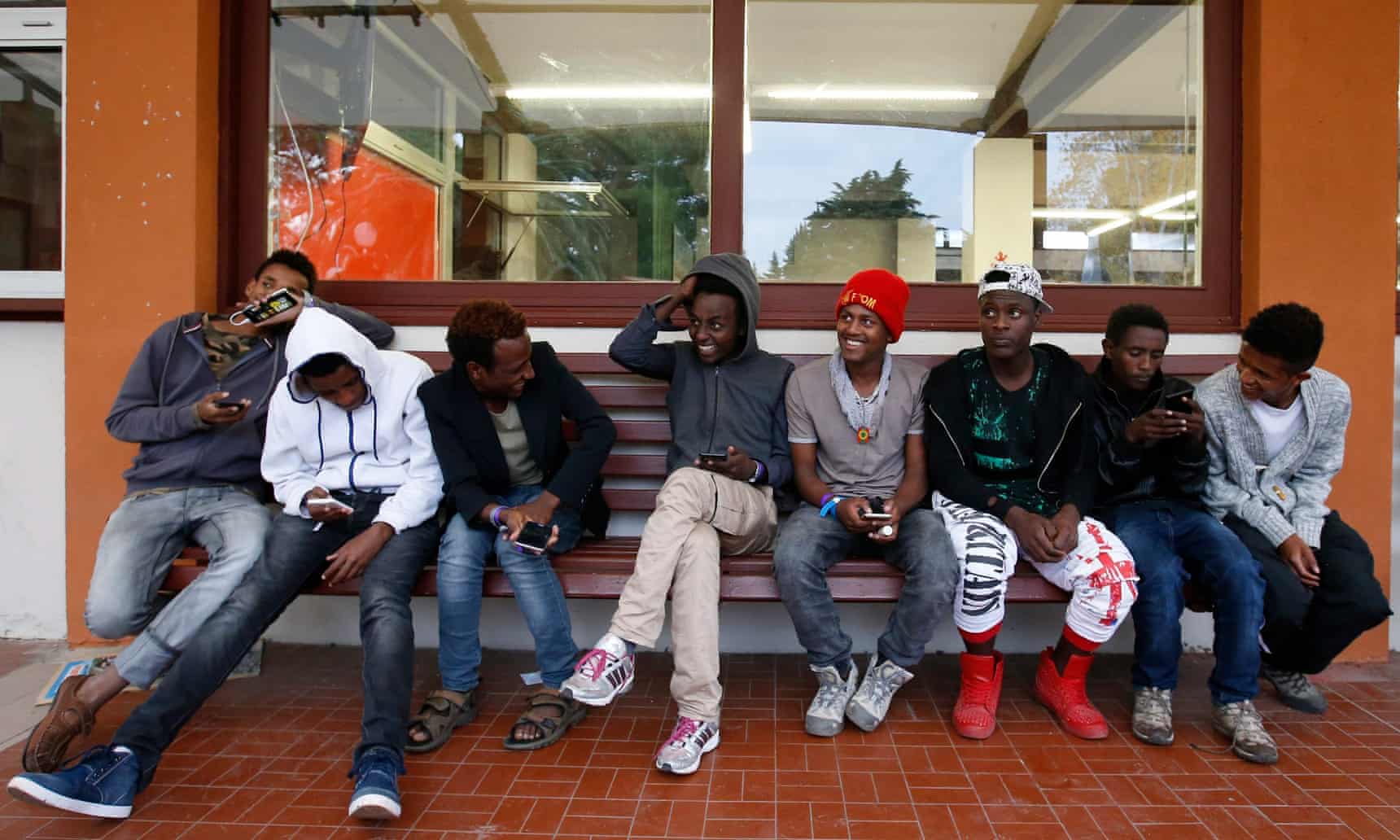
Atrocity Alert is a weekly publication by the Global Centre for the Responsibility to Protect highlighting and updating situations where populations are at risk of, or are enduring, mass atrocity crimes.
South Sudan
The UN Special Adviser on the Prevention of Genocide, Adama Dieng, visited South Sudan from 7 to 11 November to meet with government officials, and religious and community leaders amidst ongoing reports of targeted ethnic violence throughout the country. Since widespread fighting broke out between the army and rebel soldiers in Juba between 7 and 11 July this year, there has been growing ethnic polarization, with increasing use of hate speech in the media, as well as targeted killings and rapes. Following visits to Juba and Yei, Special Adviser Dieng released a statement emphasizing that, “the signs are all there for the spread of this ethnic hatred and targeting of civilians that could evolve into a genocide, if something is not done to stop it now.” The UN, African Union and Inter-governmental Authority on Development must urgently engage with the government of South Sudan to ensure immediate action is taken to end violence, prevent further fracturing of South Sudanese society, and protect populations from atrocity crimes, regardless of their ethnic or political affiliation. The UN Security Council should impose a long overdue arms embargo to halt the flow of weapons to South Sudan and into the hands of those who target and kill civilians.
Burma/Myanmar
The situation in Burma/Myanmar continues to deteriorate following the start of a joint army-police operation in Arakan/Rakhine state on 10 October. Violence between the army and the Rohingya population – a distinct Muslim ethnic minority group – has escalated while humanitarian assistance for more than 150,000 people remains suspended. On 12 and 13 November the army responded to an attack that killed two soldiers by deploying helicopter gunships to several Rohingya villages, resulting in the death of more than 30 people. There are reports of the widespread destruction of Rohingya buildings and mosques in army-led “clearance operations” as well as ethnically-motivated attacks on Rohingya civilians, including allegations of rape and sexual assault of women and young girls. Under existing discriminatory laws in Burma/Myanmar, the Rohingya minority have been systematically disenfranchised and marginalized.
Iraq
On 14 November Human Rights Watch released a report detailing a pattern of unlawful demolition of buildings, homes, and entire villages within Kirkuk and Nineveh governorates between September 2014 and May 2016 by Kurdistan Regional Government security forces and Peshmerga fighters in areas where they have defeated the Islamic State of Iraq and the Levant (ISIL). The report follows the 11 November announcement by the UN Office of the High Commissioner for Human Rights of alleged revenge killings and home demolitions in Kirkuk by civilians and members of the Iraqi security forces since the start of the Mosul offensive on 17 October. While the offensive has revealed further atrocities perpetrated by ISIL, forces combatting the group must ensure their own actions consistently comply with international humanitarian and human rights standards. As the military campaign to liberate Mosul from ISIL continues, it is essential that all parties take effective measures to ensure the protection of civilians and uphold their obligations under international law.
Connect With Us








